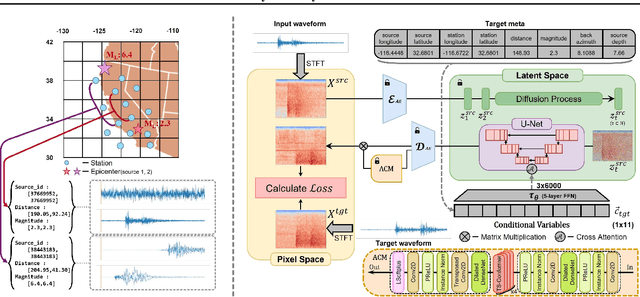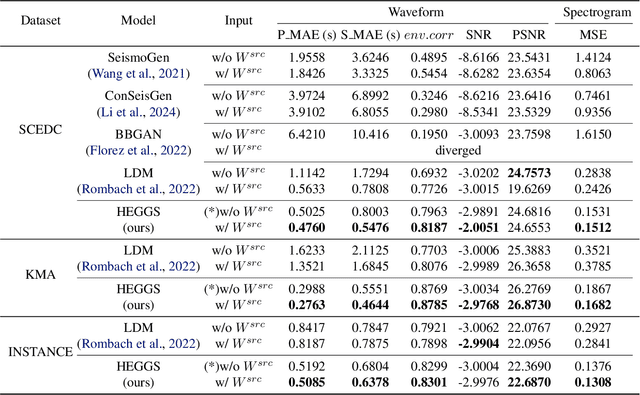Jaeheun Jung
OPC: One-Point-Contraction Unlearning Toward Deep Feature Forgetting
Jul 10, 2025Abstract:Machine unlearning seeks to remove the influence of particular data or class from trained models to meet privacy, legal, or ethical requirements. Existing unlearning methods tend to forget shallowly: phenomenon of an unlearned model pretend to forget by adjusting only the model response, while its internal representations retain information sufficiently to restore the forgotten data or behavior. We empirically confirm the widespread shallowness by reverting the forgetting effect of various unlearning methods via training-free performance recovery attack and gradient-inversion-based data reconstruction attack. To address this vulnerability fundamentally, we define a theoretical criterion of ``deep forgetting'' based on one-point-contraction of feature representations of data to forget. We also propose an efficient approximation algorithm, and use it to construct a novel general-purpose unlearning algorithm: One-Point-Contraction (OPC). Empirical evaluations on image classification unlearning benchmarks show that OPC achieves not only effective unlearning performance but also superior resilience against both performance recovery attack and gradient-inversion attack. The distinctive unlearning performance of OPC arises from the deep feature forgetting enforced by its theoretical foundation, and recaps the need for improved robustness of machine unlearning methods.
Broadband Ground Motion Synthesis by Diffusion Model with Minimal Condition
Dec 23, 2024



Abstract:Earthquakes are rare. Hence there is a fundamental call for reliable methods to generate realistic ground motion data for data-driven approaches in seismology. Recent GAN-based methods fall short of the call, as the methods either require special information such as geological traits or generate subpar waveforms that fail to satisfy seismological constraints such as phase arrival times. We propose a specialized Latent Diffusion Model (LDM) that reliably generates realistic waveforms after learning from real earthquake data with minimal conditions: location and magnitude. We also design a domain-specific training method that exploits the traits of earthquake dataset: multiple observed waveforms time-aligned and paired to each earthquake source that are tagged with seismological metadata comprised of earthquake magnitude, depth of focus, and the locations of epicenter and seismometers. We construct the time-aligned earthquake dataset using Southern California Earthquake Data Center (SCEDC) API, and train our model with the dataset and our proposed training method for performance evaluation. Our model surpasses all comparable data-driven methods in various test criteria not only from waveform generation domain but also from seismology such as phase arrival time, GMPE analysis, and spectrum analysis. Our result opens new future research directions for deep learning applications in seismology.
 Add to Chrome
Add to Chrome Add to Firefox
Add to Firefox Add to Edge
Add to Edge